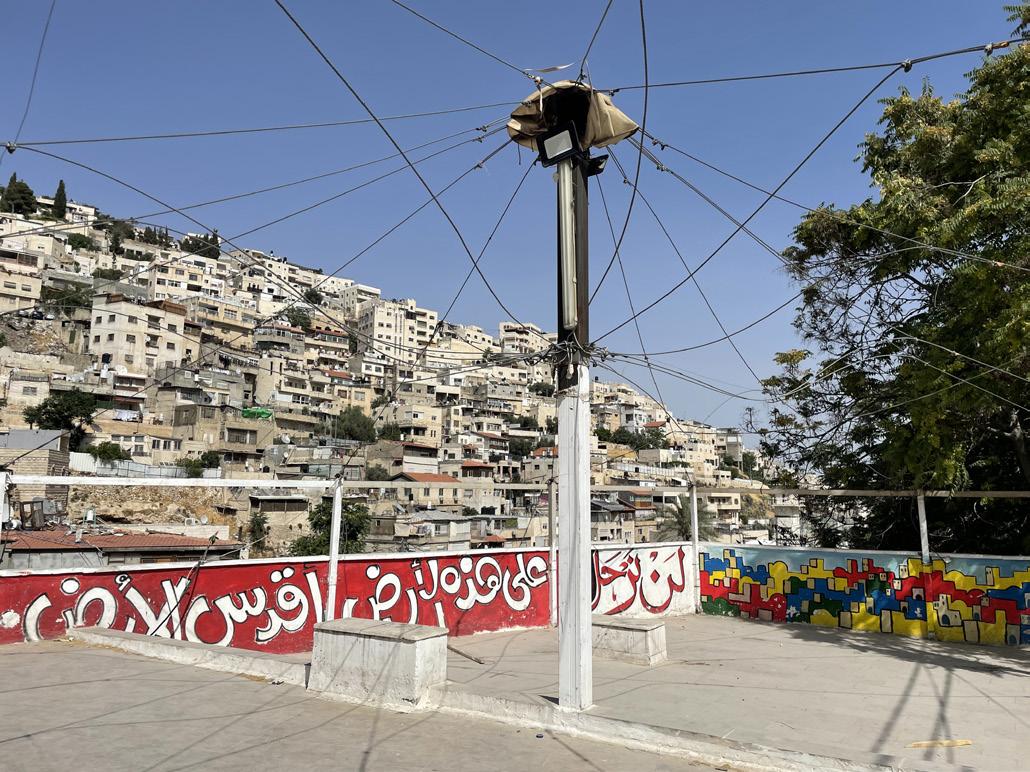
1 minute read
Tend to Your Questions: Lessons Learned as the RPL Climate Justice Fellow
BY TERESA CAVAZOS COHN, RPL CLIMATE JUSTICE FELLOW
While at RPL, I’ve learned that the most vibrant interdisciplinary spaces may be unexpected and, by nature, emergent. I often wondered at the shape of the other fellows’ questions, the language they used, the way they engaged with their challenges. That process changed me as I put that creative energy into practice.
Advertisement

For example, I challenged myself to facilitate a space with my students that valued creative conversation over scripted content, supporting processes that allow the unexpected rather than the expected to emerge. In my course section, we used mapping as a tool and, as cartographers, questioned our suppositions about the shape of environmental justice— examining both the lines we draw and the lines that draw us. We asked epistemological and ethical questions about our own maps and each other’s maps, which I took to my students at the University of New Hampshire. I then brought their questions back to RPL and had them meet each other in the Harvard Map Room to examine maps and justice together. This experience gave rise to one of the questions that is now driving my work: “How will we draw lines more justly than the lines of the past as our global climate changes? And what happens when the arts, sciences, and humanities together with communities take on that task?”
RPL taught me to foster creativity for its own sake and not to aim for a particular prescribed end, and that building creative capacity in community is an essential skill to refine as we engage with the critical issues of our time. One of the highlights of my fellowship was seeing the impact of creativity in community during the student-led Climate Justice Week in April 2023. The week was buoyant even amidst our grief in the socialecological realities of climate change. I felt honored to speak on the Religious Literacy and Climate Justice panel with Naomi WashingtonLeaphart and Cynthia Wilson and engage in shared questions together to find common themes in climate justice across the Earth sciences, Indigenous organizing, and governance. The spontaneity and the creative energy generated by interdisciplinary collision and collusion was a great and unexpected gift.

Read Teresa Cavazos Cohn’s full reflection at rpl.hds.harvard. edu/news.
Teresa Cavazos Cohn, PhD, is Associate Professor of Natural Resources and the Environment in the College of Life Sciences and Agriculture at the University of New Hampshire. While a research associate professor in the Department of Natural Resources and Society at the University of Idaho, Cohn co-founded the interdisciplinary Confluence Lab. Cohn’s research and outreach projects have been supported by the National Science Foundation, Andrew J. Mellon Foundation, NASA, and Milkweed Press.










